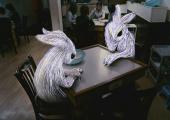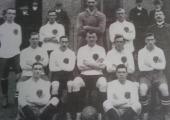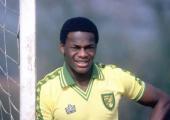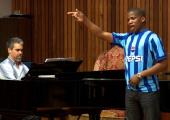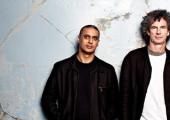United, BBC Two
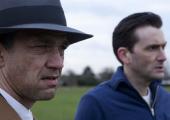
Emotional dramatisation of Man U's 1958 Munich tragedy
As the makers of The Kennedys discovered recently, turning history into TV drama can be like locking yourself in the stocks and inviting all-comers to hurl coconuts at your head. This dramatisation of the 1950s Manchester United team and its traumatic near-destruction in the 1958 Munich air disaster has been duly lambasted by Sandy Busby, the son of former Manchester United manager Matt Busby, and others who were affected by the real-life events.

